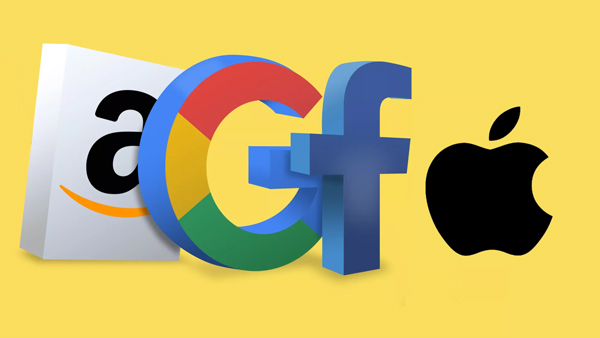L'Autorità Garante della Concorrenza e del Mercato, in data 26 luglio, ha autorizzato con condizioni…
Big Tech acquired more than 50 AI companies since 2010

(Via Axios)
Big Tech has snapped up more than 50 AI companies since 2010, carving out another front in the nonstop war among the giants for AI talent, data and ideas.
The big picture: The clamor reflects a scarcity of AI expertise, as we’ve reported in the past. But it also allows Big Tech companies to reinforce their advantage over the upstarts, each time making it harder for a new entrant to strike gold.
What’s happening: Several of the top AI researchers and most lucrative products at leading tech firms came from acquisitions, according to data compiled by CB Insights.
- In 2010, Apple purchased Siri, the digital assistant that’s become a cornerstone in its phones, tablets, computers and speakers.
- In 2013, Amazon acquired British tech company Evi, which went on to contribute to its market-leading Alexa assistant.
- In 2014, Google bought up DeepMind, the pioneering research outfit behind the computers that beat humans at Go. And a 2013 acquisition brought Geoffrey Hinton, the father of deep learning, to Google.
Between the lines: The more these large companies buy up AI talent and software, the larger they expand the buffer between them and everyone else.
- The acquisitions chart above “is certainly consistent with the theory that Big Tech companies are consolidating to expand their reach, talent pool and market share,” says Yoshua Bengio, a prominent AI researcher at the University of Montreal.
- Frantic company recruiting and acquisitions are just getting started, says Deepashri Varadharajan, lead analyst at CB Insights. “And Big Tech companies that are trillion-dollar conglomerates have an advantage here.”
These companies haven’t swallowed up the whole AI field. There are still plenty of startups with smart people and innovative products.
- “The acquisitions reflect the strategic importance of AI — nothing more,” says Oren Etzioni, CEO of the Allen Institute for AI, a nonprofit.
- In December, we reported that 10% of the world’s AI talent works at 10 huge companies. That still leaves a long tail of talent to work at smaller shops around the world.
The bottom line: The front-runners’ gravitational pull intensifies as they accumulate talent, data and computing power at a scale unattainable for academics or startups, such that the best minds in AI find it increasingly difficult to do boundary-stretching work elsewhere.
Fonte: Axios








